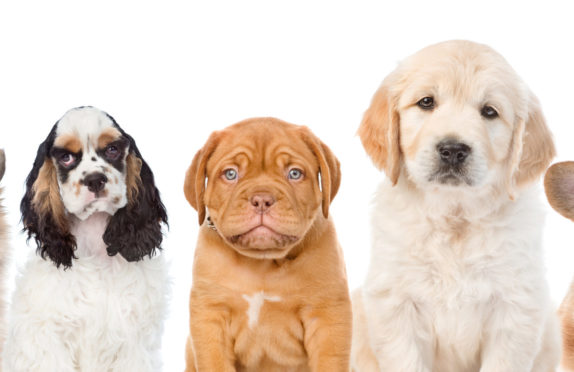
A next-day delivery culture is fuelling the irresponsible online trade in puppies, according to Scotland’s leading animal welfare charity.
One in five people who buy a puppy believe it is very important they get their new pet soon after paying for it.
But the Scottish SSPCA has warned that responsible breeders usually have waiting lists whereas a quick turnaround “plays into the hands” of rogue traders and criminals.
Only 11% of people who responded to a survey carried out by the charity said it was not important to get their puppy quickly.
SSPCA chief superintendent Mike Flynn said: “The next-day delivery culture people now live by plays right into the hands of puppy traders. Of course, the criminals involved disappear just as quickly as they sell a dog. When the problems start, the people who bred and sold the dog are nowhere to be seen and the buyer is left in horrendous emotional distress and with a considerable vet bill.
“We will continue to take the fight to the puppy trade, but the only way we can stop it once and for all is for the Scottish public, many of whom we know are animal lovers, to say no to puppy dealers and adopt or buy responsibly.”
Almost a quarter of the 3,188 people surveyed by the SSPCA, who had recently bought a puppy, said the animal had become unwell or died soon after they bought it.

Enjoy the convenience of having The Sunday Post delivered as a digital ePaper straight to your smartphone, tablet or computer.
Subscribe for only £5.49 a month and enjoy all the benefits of the printed paper as a digital replica.
Subscribe